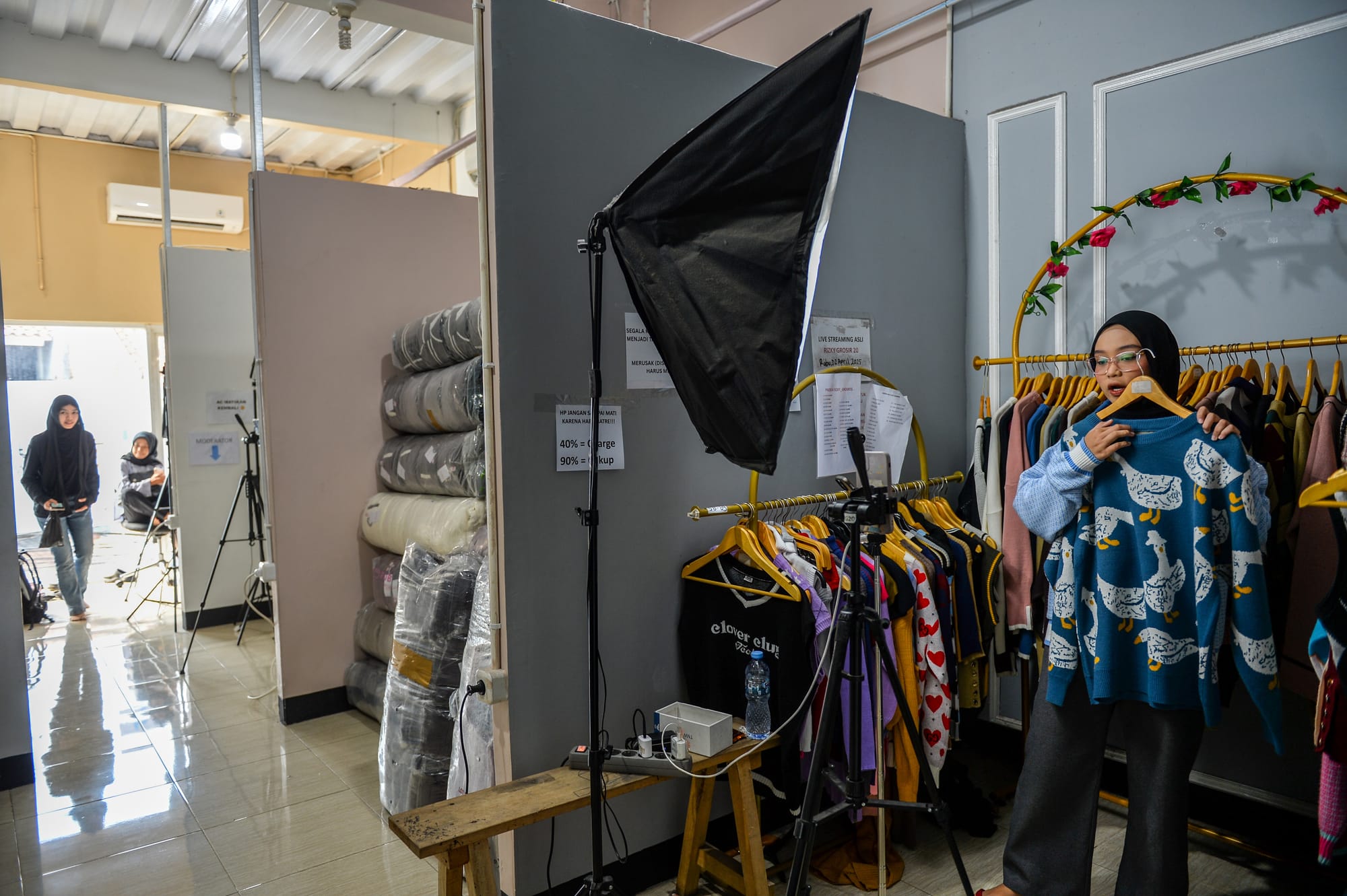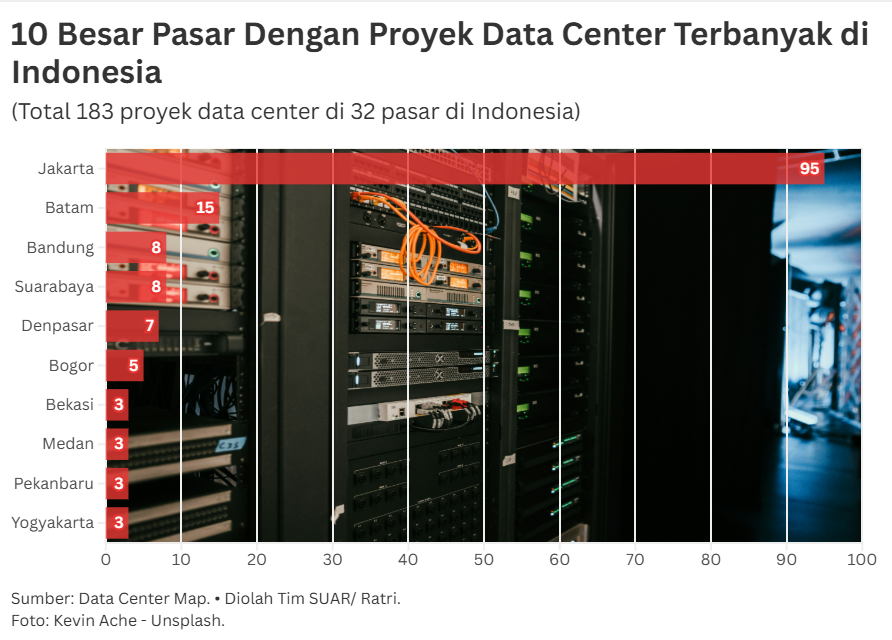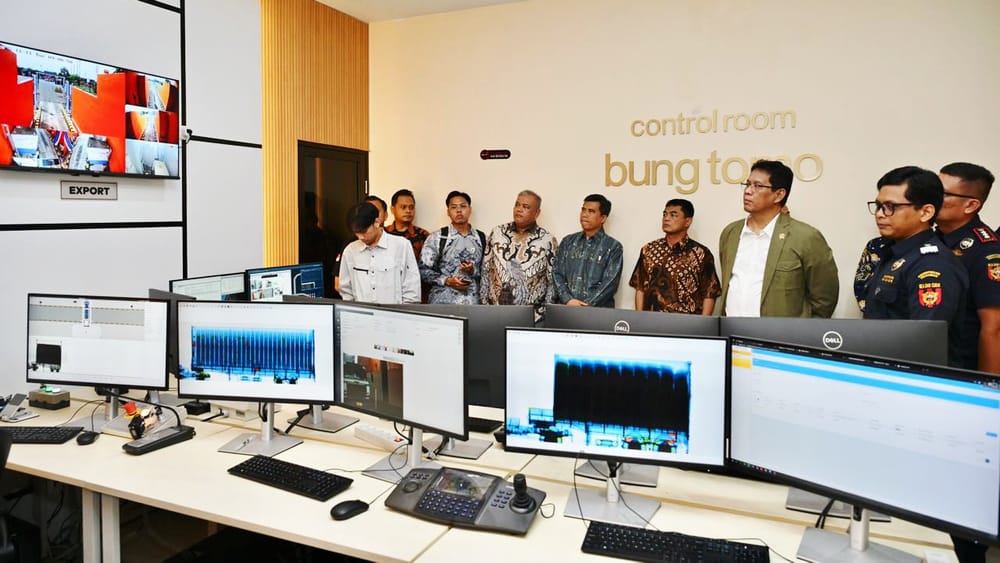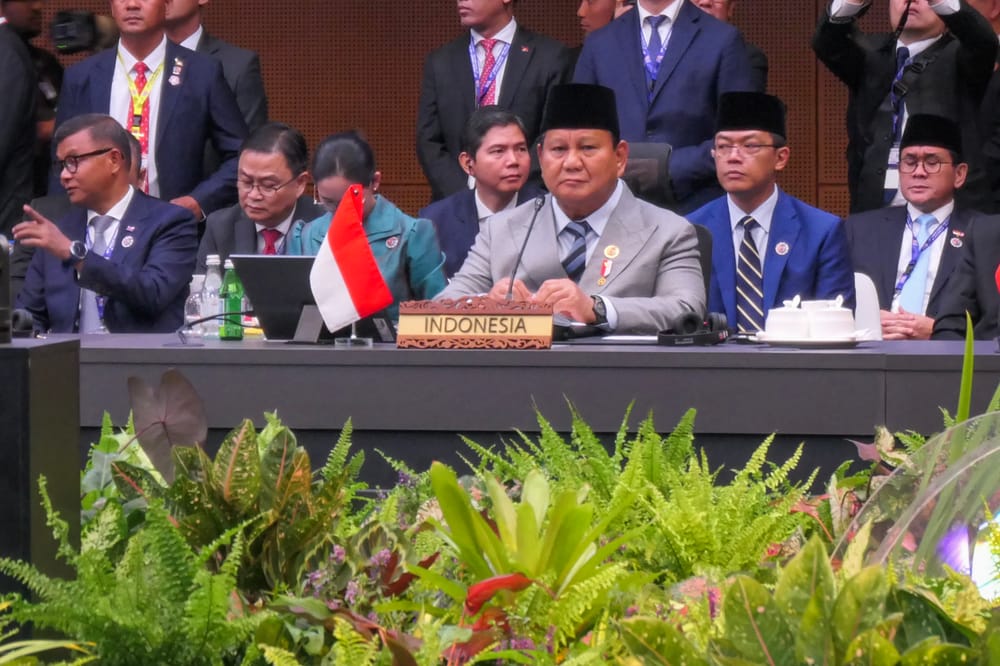ASEAN is preparing to step into a new chapter that has the potential to change the face of the region's economy. Through the Digital Economy Framework Agreement (DEFA), member countries are designing the first comprehensive framework that unites various cross-border digital policies.
This ambitious initiative is targeted for completion in 2025, and will be one of the main achievements when Indonesia assumes the ASEAN Chairmanship in 2023.
Negotiation steps continue to roll out, one of which is through the Special ASEAN Economic Community Council (AECC) Meeting on August 28. The hybrid meeting was an important stage for Coordinating Minister for Economic Affairs Airlangga Hartarto, who directly led the Indonesian delegation. The main agenda: formulating strategic agreements, starting from cross-country payment flexibility, personal data protection, to increasingly urgent cyber security.
Airlangga emphasized that although Indonesia has established cross-country digital payment cooperation, flexibility is not without limits. This view confirms the government's commitment to maintaining a balance between openness and digital sovereignty. "There are still criteria that must be met according to Indonesia's interests," he said in a press statement.
As of August 2025, approximately 60% of the DEFA draft has been agreed upon, covering crucial issues such as personal data protection, cyber security cooperation, artificial intelligence (AI), digital equality, inclusion, and support for UMKM.
ASEAN is targeting 70% of the substance to be completed before the 26th AECC this October, an important milestone so that the entire negotiation can be completed in early 2026 and signed in the final quarter of that year.
If completed, DEFA is projected to be a catalyst for ASEAN's digital growth, multiplying the region's economic value from a projected USD 1 trillion to USD 2 trillion by 2030.
The origins and vision of DEFA
The idea for the Digital Economy Framework Agreement (DEFA) was first agreed upon at the ASEAN Economic Ministers (AEM) meeting on August 19, 2023. At that time, Indonesia was mandated to hold the ASEAN chairmanship.
Supported by the Aus4ASEAN Futures initiative from Australia, the initial DEFA study portrays an ambitious vision: creating harmonious digital opportunities throughout the region. Not just replicating existing bilateral or multilateral digital agreements, DEFA comes with a broader and more comprehensive scope, uniting regulations at the ASEAN level.
Its preparation involved extensive consultation with stakeholders. More than 2,000 UMKM were surveyed, 60 leaders of large corporations were invited to discuss, and various cross-country workshops were held. From this series, recommendations based on best practices emerged, from accelerating digital trade and strengthening online security to increasing the role of UMKM in the digital economy.
The issues targeted by DEFA include cross-border digital trade, digital identity, digital payments, and cyber security. Even new technologies such as artificial intelligence (AI) are included to remain relevant to future needs. According to projections from the Boston Consulting Group (BCG), the ASEAN digital economy, currently valued at around USD 300 billion, has the potential to grow to nearly USD 1 trillion by 2030. With progressive regulations, its contribution could even double to USD 2 trillion.
ASEAN Secretary-General Kao Kim Hourn called the completion of the DEFA study one of ASEAN's greatest achievements in 2023. More than just a document, Kao continued, DEFA marks ASEAN's long-term commitment to digital transformation.
The agreement to start official negotiations has even been ratified at the 23rd AEC Council Meeting and recognized at the 23rd ASEAN Summit in Jakarta. Now, ASEAN is entering a crucial phase, namely formulating common rules that not only encourage growth, but also ensure that the benefits are felt evenly across all member countries.
Infrastructure and regulatory disparities
From an expert perspective, although full of optimism, the DEFA journey is not without challenges. Digital Economy Researcher at the Center of Economics and Law Studies (Celios), Nailul Huda, highlighted a classic problem and explained it to SUAR via written statement (7/9/2025), namely disparities between ASEAN countries.
"Many countries are still lagging behind in digital infrastructure. Indonesia also still has many blind spot internet. As a result, internet empowerment is also far behind," he explained.
This condition means that digital benefits are mostly enjoyed by countries like Singapore. This country, with its established infrastructure and business-friendly regulations, has become a magnet for global companies looking to penetrate the ASEAN market.
Disparities are also apparent in regulations. According to him, of the 10 ASEAN countries, only half already have personal data protection rules. "Without equivalent regulations, the development of the digital economy could be uneven, both in terms of business and consumer protection," Huda added.
"Without equivalent regulations, the development of the digital economy could be uneven, both in terms of business and consumer protection," said Nailul Huda.
UMKM at a crossroads
On the other hand, the UMKM sector is at a crossroads. Secretary General of the Indonesian E-Commerce Association (idEA), Budi Primawan, emphasized that the current priority is to strengthen the domestic market while opening the door for local UMKM to the international market.
"The main problem for UMKM in cross-border trade is differences in regulations, tariffs and standards between countries. DEFA could be a concrete solution through harmonization of rules and simplification of procedures," he revealed.
But the challenges are real. UMKM contribute 60% of Indonesia's GDP and absorb 97% of the workforce, but only around 20% have entered the digital ecosystem. In terms of financing, 69.5% of UMKM are not yet connected to formal banking, while the ratio of non-performing loans (NPL) for UMKM reaches 4%.
This gap risks making UMKM mere spectators in the growth of the ASEAN digital economy. Therefore, inclusive regulatory support and simplification of cross-border procedures are key to ensuring that UMKM truly benefit from DEFA.
Nine Key Components
Still in line with expert advice, the former Minister of Communication and Information of the Republic of Indonesia, who now serves as Chair of the Indonesia Fintech Society (IFSoc), Rudiantara, conveyed that DEFA is not just about cyber security.
"There are nine components that must be prepared together because they are interconnected to maximize the acceleration of the cross-regional digital economy. If we only focus on cyber security, we could lose the big picture," he said via telephone, Sunday (7/9).
These nine components include: digital trade, cross-border e-commerce, digital payments, digital identity and authentication, cross-border data flow and data protection, talent mobility, cooperation on new issues, business competition policy, as well as online safety and cyber security.
Rudiantara referred to annual e-Conomy SEA data, stating that the ASEAN digital economy currently only contributes about 6% of the region's total GDP, which is around USD 200 billion. “The goal is to reach USD 1 trillion by 2030, or about 15–16% of the total ASEAN economy. But to get there, the DEFA agreement must be completed by 2025,” he said.
He added that the readiness of each ASEAN country is still uneven. Singapore is in the most advanced position, while Indonesia still has a lot of work to do. “In the National Cyber Security Index (NCSI), Indonesia's score is only around 63 out of 100. Our strength is relatively in e-identification and digital payments (QRIS), but weak in the protection of digital services,” Rudiantara explained.
Even so, he is optimistic that DEFA will encourage cross-sectoral reforms. “We cannot only talk about technology. There must be business process reforms in all sectors, trade, industry, education, even investment licensing, so that digital economic opportunities can be maximized,” he explained. He also mentioned the investment business process, which is considered convoluted and multi-level, thus hindering ease of investment. In fact, the digital economy requires investment support, both in technology and IT workforce.
“So, business process reforms must be carried out simultaneously across various sectors. For example, some investments are handled by the central government, but the execution must go through permits in the regions. Processes like this must be reformed,” he said.






